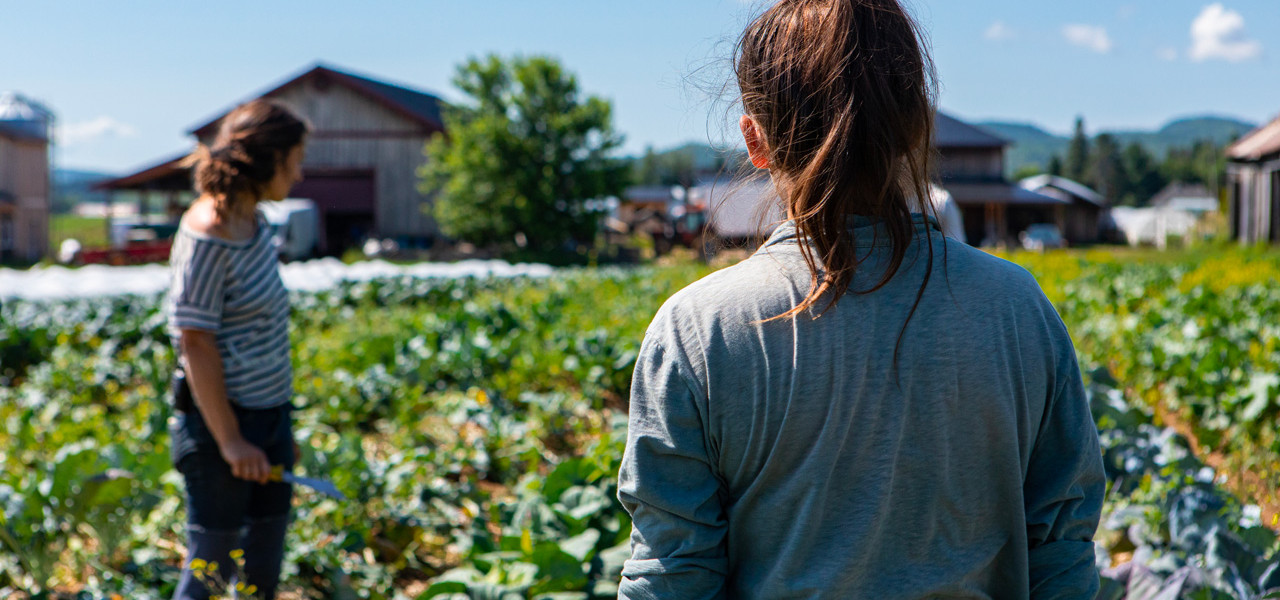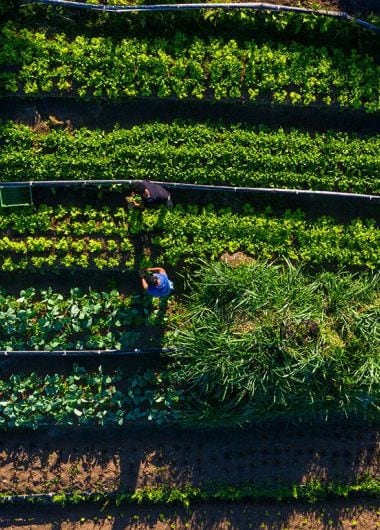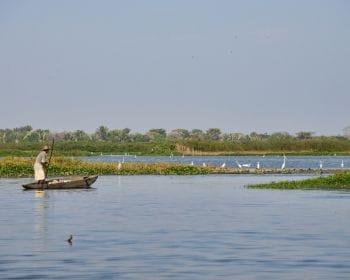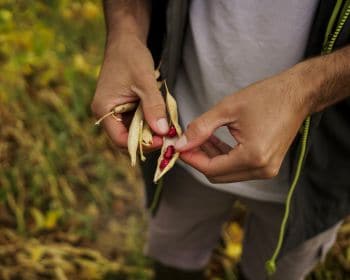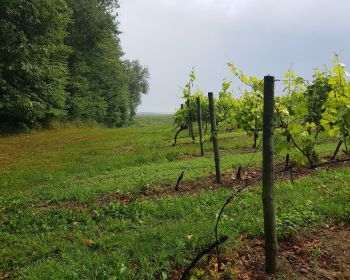The challenges of sustainable agriculture: the complexity of measuring impact
Measuring the environmental impact of agriculture is much more complex than measuring that of industry. “Unlike a factory or a car, whose CO2 emissions are easier to quantify, agriculture is diffuse, extensive and encompasses a wide range of crops” points out Sarah Colombié. Its impact on the environment extends beyond greenhouse gas emissions. Agriculture can play a key role in preserving biodiversity and can improve soil quality using regenerative cultivation techniques. This sector has the capacity to produce renewable energy through methanisation, solar energy and wood energy. It can also store carbon in the soil with appropriate practices, which can offset some of its emissions.
Supporting the transition: a strategic challenge
For BNP Paribas, supporting the ecological transition of the agri-food sector is not just a commitment to the environment, it is also a long-term strategy designed to ensure the future of the businesses it finances. “A client who is not concerned about the sustainability of its supply chain will ultimately be a more vulnerable client” warns Sarah Colombié. BNP Paribas has therefore decided to support the agri-food sector from a number of different angles: renewable energies, biodiversity and soil conservation, water management, animal husbandry and welfare, etc. The different approaches are mutually enriching and complementary.
« A client who is not concerned about the sustainability of its supply chain will ultimately be a more vulnerable client »
Sarah Colombié, ESG Agriculture and Food expert in BNP Paribas’ CSR Department.
Opting for regenerative agriculture: the example of McCain
Regenerative agriculture is at the heart of the Group’s strategy to support the sector’s transition. This type of agricultural model, which is based on ecological principles designed to restore the soil, contrasts with conventional, intensive farming practices, which can have deleterious effects. It offers a sustainable solution to the challenges posed by climate change.
Potato specialist McCain has enlisted the help of BNP Paribas to promote crop rotation among its growers in Poland. McCain is committed to procuring 100% of its potatoes from regenerative agriculture by 2030. To achieve this, growers must follow precise specifications, and BNP Paribas offers these farmers tailored financing solutions as well as support to help them meet the targets set by McCain’s guidelines.
What is regenerative agriculture?
Regenerative agriculture is an approach to farming that aims to restore and improve soil health, biodiversity and ecosystems, while producing food. It is characterised by practices such as permanent plant cover, the reduction or elimination of tillage, the use of cover crops, crop rotation and the integration of animal grazing.
Its goal? To create sustainable farming systems that sequester carbon, increase climate resilience and support long-term soil fertility.
Testing solutions in the field: focus on the partnership with HECTAR
Always on the lookout for innovation, the Group also relies on specialist partners. BNP Paribas has entered into a 3-year partnership with HECTAR, an incubator for agricultural innovations designed to help farmers make the transition to a more sustainable lifestyle.
HECTAR is a pilot farm, started in 2019. Its aim is to ensure the renewal of the farming community and enable the next generation to be trained in sustainable practices. HECTAR is testing more virtuous farming solutions and offering farmers ways to be both profitable and responsible in their activity. The farm thus plays a key role as an accelerator, identifying and testing practices that can then be rolled out on a large scale.

